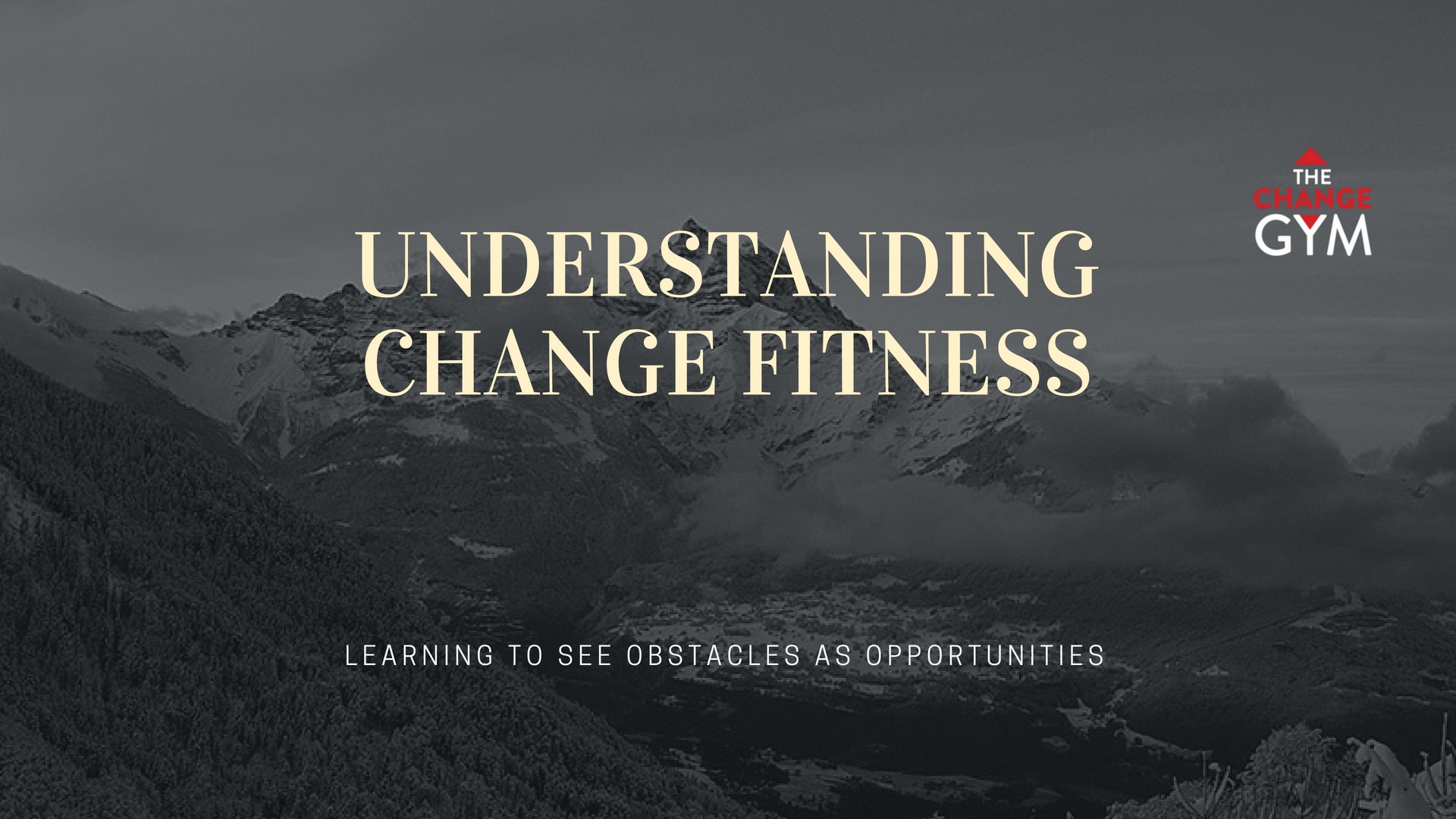
I believe change is possible for everyone, but that doesn’t mean everyone has the capacity to change. What does that mean?
What do we mean by ‘change’?
We need to go back to basics. What do we mean by ‘change’? Over 40 years ago, two American researchers explained to us what is meant by change. They showed us that change doesn’t just happen – it’s not an event. It might look like an event when we look back on it (I got married to Mary), but it was actually a process that developed over time. In the case of getting married to Mary I had to decide whether I liked Mary and whether we got on well enough to marry. We had to decide whether we had similar values and interests and whether we were right for each other. Then we had to decide when we would marry, how much the wedding would cost, who to invite, where to hold it, and so on.
Change is a process
Change is a process. It involves thinking about the issues, working out what they mean and whether we can deal with them. It involves getting clarity about what we want and where we are going in our lives. Once we have worked that out, we need to decide whether this change is right for us.
If we decide it is, we need to begin preparing for the change. There may be lots of things to get ready. Then we can take our first steps implementing change. This is new territory and we make mistakes. We might fail sometimes or look silly in front of others. We might feel that failure is a bad thing, that we aren’t any good at this and we’d better give up.
But if we don’t give up, we eventually get better at it and start to feel more confident. We can still make mistakes, and when we do, it can feel really demoralising. We were doing so well, and now we have disappointed ourselves and others. Fondly we remember how easy the old things were – maybe we should just go back to them.
This is what is meant by ‘change’. Sometimes this process is no big deal, but at other times it is excruciatingly hard.
Struggling with change
Anyone can engage in this process of change, but some people aren’t all that good at it. Some struggle to think through all the issues – they might not know how to, or they get impatient, or it’s just too tedious. Some people avoid making decisions and others don’t prepare very well at all. They are either too eager to get started and skip the preparation, or they are perfectionists and are never feel prepared enough to start.
Other people procrastinate and avoid taking action. Some hate failure and give up easily. Others just don’t like the uncertainty of the process – it makes them nervous. Others always expect to fail.
Lacking capacity
For all the reasons I have listed above, and others, I think some people don’t have the capacity to change if change is hard. I think they put up with things as they are.
This lack of capacity around change is called ‘low change fitness’. It’s a plague that gets people stuck. You could also call it ‘learned helplessness’ (Seligman), ‘the fixed mindset’ (Dweck), or ‘immunity to change’ (Kegan). Whatever you call it, it’s a problem for a lot of people.
Research into change fitness
My research into change fitness has shown that we can understand and describe the factors that contribute to low change fitness. We can even measure them. But more importantly, we can help people overcome them.
My partner and I decided a few years ago to involve coaches in this quest to help people overcome the problems of low change fitness. Why coaches? Because they are involved in helping regular people in society achieve their goals. They are involved in change. If they understand change fitness and how to build it, they can help lots of other people face the future with more capacity.
Would you like to learn how to do this? You should be a coach, preferably with training and experience. Change fitness coaching is a specialization – it’s not a way into coaching. But if you are a coach and you’d like to learn more, reach out to me and let’s have a chat.
Written by Steve Barlow